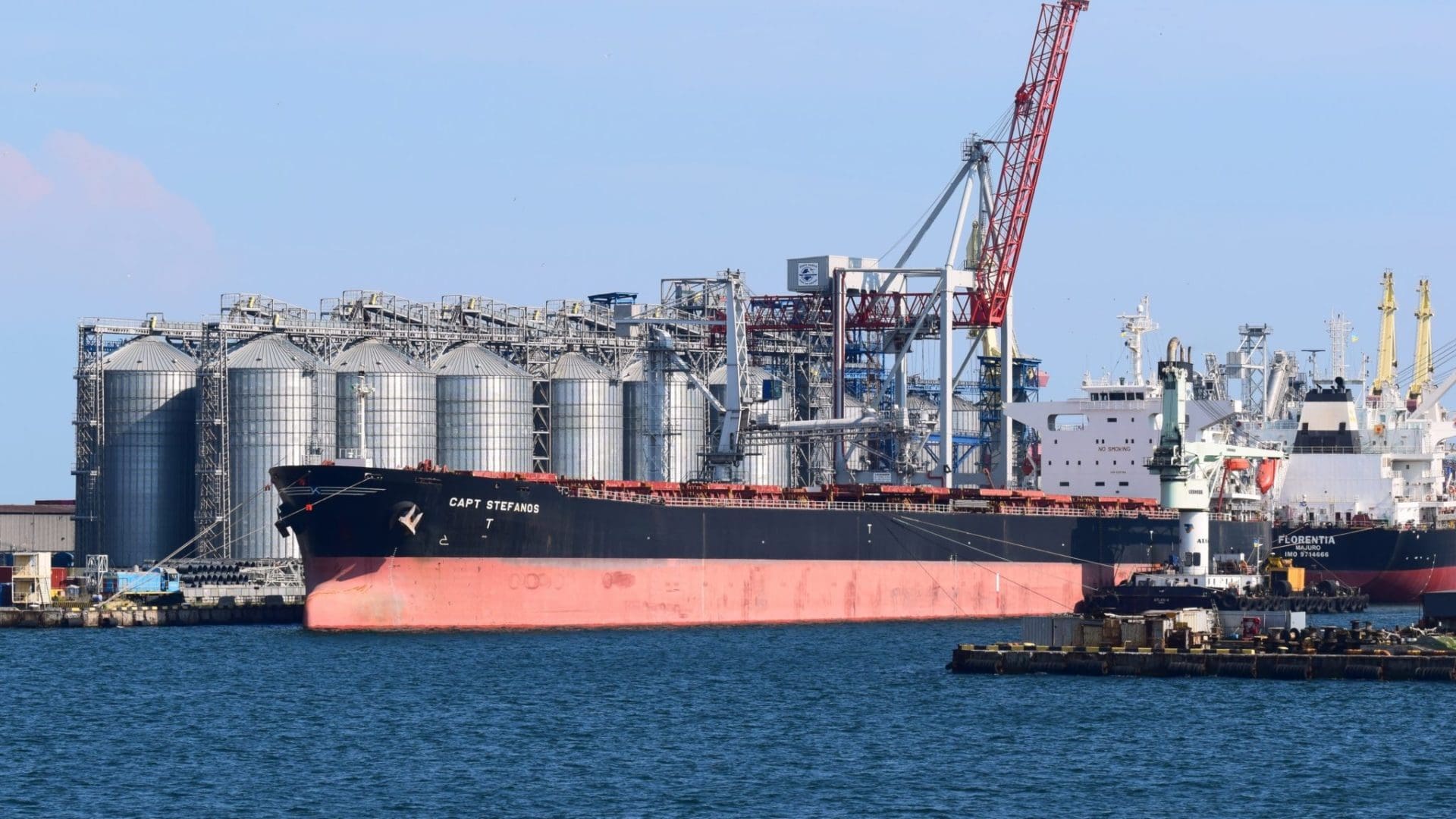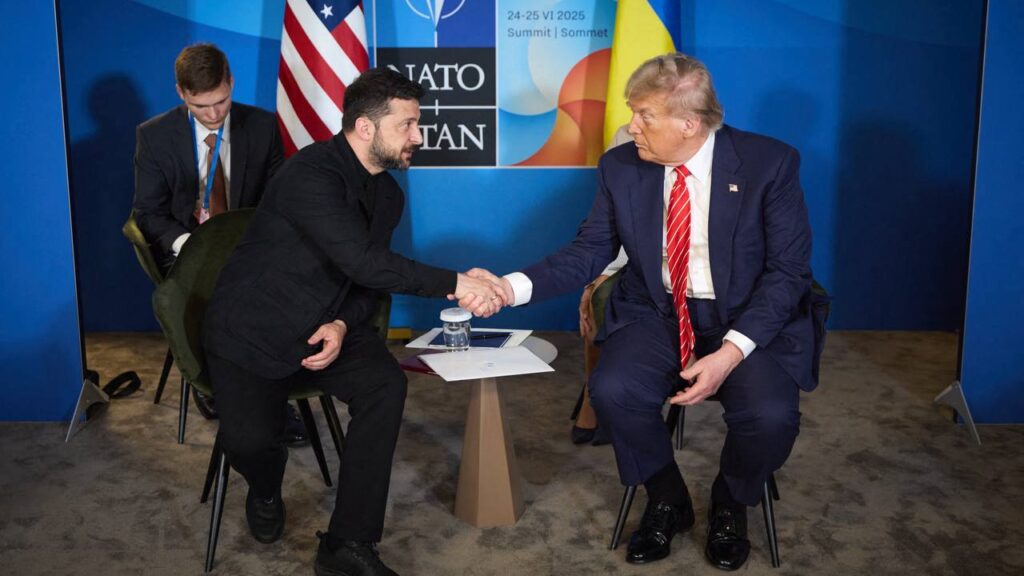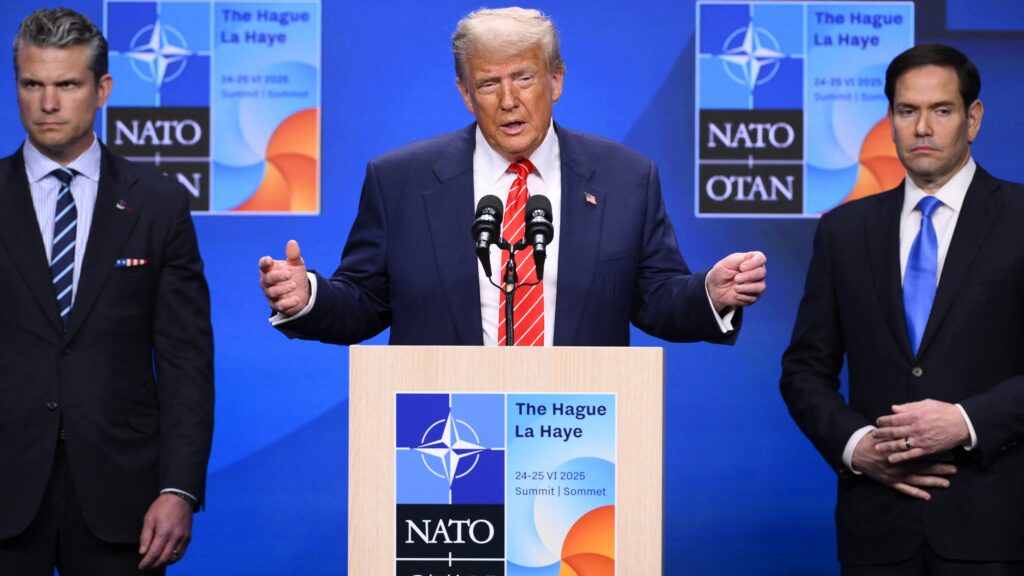Russia and Ukraine signed a landmark deal on 22 July to reopen Ukrainian Black Sea ports for grain exports, raising hopes that an international food crisis caused by the Russian invasion can be potentially eased. The accord concluded two months of talks facilitated by the United Nations and Turkey. The deal is a great start but more needs to be done.
Hope
‘Today, there is a beacon on the Black Sea. A beacon of hope, possibility and relief in a world that needs it more than ever,’ said UN Secretary General Antonio Guterres at the signing ceremony in Istanbul.
The deal opens the way to sizeable volumes of commercial food exports from the three key Ukrainian ports of Odesa, Chernomorks and Yuzhny.
Even though the deal is a sign of good faith and hope, the Russian and Ukrainian representatives declined to sit at the same table and avoided shaking hands, underlining the mistrust and hostility which drives the conflict.
The agreement is expected to be fully operational in a few weeks and would restore grain shipments for the reopened ports to pre-war levels.
Food Crisis
The blockade of Ukrainian ports by Russia’s fleet trapped tens of millions of tons of grain in silos and stranded many ships, which worsened the global supply chain bottlenecks and, along with the Western sanctions contributed to the food and energy price inflation worldwide.
Moscow has denied responsibility for the food crisis and blames the sanctions instead for slowing down its food and fertilizer exports.
A United Nations official has stated that a separate pact was signed on Friday to smooth such Russian exports and that the UN welcomed U.S. and EU clarifications that their sanctions would not apply to their shipment.
Canadian Prime Minister Justin Trudeau said Western nations would be closely watching to ensure the deal did not put Ukraine at risk of being further invaded.
‘The G7 is working closely with partners like Turkey to ensure that we can get that grain out of Ukraine and to places around the world where it is needed without putting at risk Ukraine’s sovereignty and protection,’ Trudeau said.
Risk of Attack
Russian Defence Minister Sergei Shoigu said that Moscow would not seek to capitalize on the de-mining and opening of the ports.
‘Russia has taken on the obligations that are clearly spelled out in this document. We will not take advantage of the fact that ports will be cleared and opened,’ Shoigu said on Russian state TV.
Ukraine’s infrastructure minister Oleksandr Kubrakov has also said that Kyiv does not see a risk of Russian attack through the ports.
Despite Russia’s promises and Ukraine’s optimism, the deal could be off as Russian missiles have hit the major port of Odesa on 23 July.
‘De Facto Ceasefire’
Safe passage into and out of the ports would be guaranteed in what one official called a ‘de facto ceasefire’ for the ships and facilities covered, although the word ‘ceasefire’ was not in the text.
The ships and shipments will be monitored by a Joint Coordination Center (JCC) in Istanbul, to later transit the Black Sea and proceed to world markets.
The ultimate objective is to soften the global food insecurity and help prevent famine among millions of people in poor and less developed nations by inserting wheat, sunflower oil, fertilizer, and similar products into world markets including for humanitarian needs, party at lower prices.
Global Food Insecurity
Global food insecurity has reached levels not seen since 2008, and it is only going to get worse without aggressive intervention, food security experts told the UN Security Council in May.
Russia’s invasion to Ukraine did not start the crisis but added ‘fuel to a fire that was long burning,’ said Sara Menker, CEO of Gro Intelligence, a global company that uses AI and public and private data to predict food supply trends.
‘Even if the war were to end tomorrow, our food security problem isn’t going away anytime soon without concerted action,’ said Menker.
Record droughts, historically bad harvests, supply chain issues and fertilizer shortages all contributed to the food insecurity rise before the start of the war.
‘The executive director of the World Food Program said 49 million people in 43 countries are “knocking on famine’s door”.’ This will lead to unprecedented civil unrest some of which is already happening in Sri Lanka for example.
Although the new deal between Ukraine and Russia is a great starting point in the fight against global food insecurity which was in part exacerbated by the war it is futile on its own. Considering the recent attack that put the deal in jeopardy and other contributing factors, global concentrated action must be taken in order to prevent tens of millions of people from starving.








